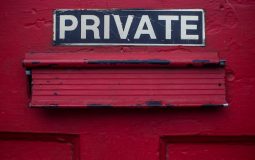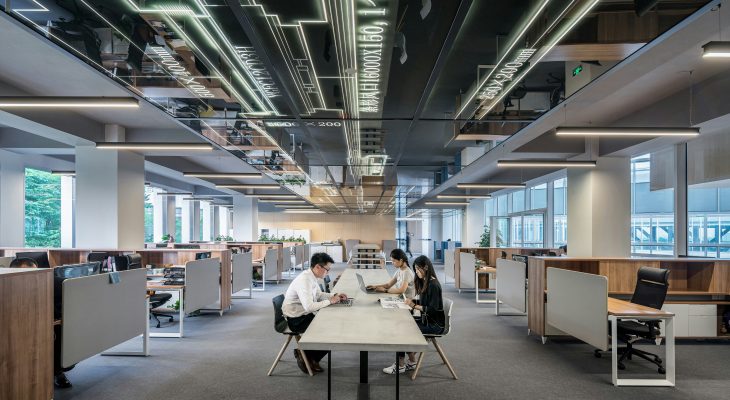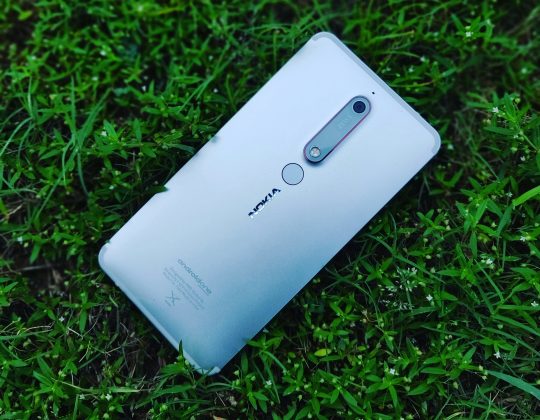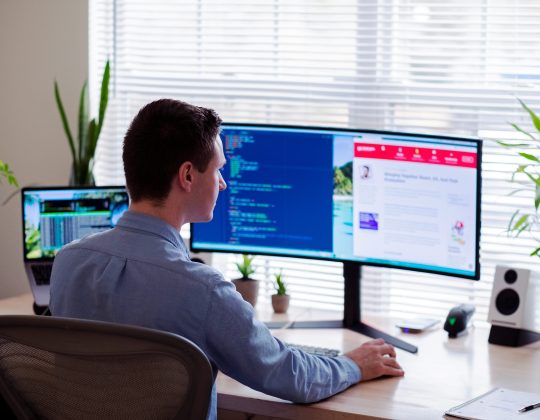When it comes to protecting your business, security cameras are a must-have. They not only deter potential criminals but also provide valuable evidence in case of a break-in or theft. However, with so many options available in the market, it can be overwhelming to choose the best security camera for your business.
To help you make an informed decision, this article will review and rate some of the best security cameras for businesses. The cameras will be evaluated based on their features, image quality, ease of use, and overall value for money. Whether you’re looking for a basic camera to monitor your store or a high-tech system with advanced features, this article will provide you with all the necessary information to make the right choice.

So, if you’re in the market for a security camera for your business, read on to find out which cameras made the cut and which ones you should avoid.
- Types of Security Cameras
- Key Features to Consider
- Evaluating Camera Performance
- Installation and Maintenance
- Legal Considerations and Compliance
Types of Security Cameras
When it comes to choosing the right security camera for your business, it’s important to consider the different types available. Each type of camera has its own unique features and benefits, so it’s important to choose the one that best fits your business’s needs.
Dome Cameras
Dome cameras are a popular choice for businesses because of their discreet design and wide viewing angle. They are typically installed on ceilings and can rotate 360 degrees, making it easy to monitor large areas. Dome cameras are also vandal-resistant, making them a good choice for high-traffic areas.
One downside to dome cameras is that they can be more difficult to install than other types of cameras. They also tend to be more expensive than other options.
Overall, if you’re looking for a discreet camera that can monitor a large area, a dome camera may be the right choice for your business.
Key Features to Consider
When selecting a security camera for your business, there are several key features to consider. These features will help ensure that you choose a camera that meets your needs and provides the necessary level of security.
Resolution
One of the most important features to consider is the camera’s resolution. The resolution determines the quality of the footage that the camera captures. Higher resolution cameras will provide clearer and more detailed images, which can be essential in identifying potential security threats.
Field of View
The camera’s field of view is another important consideration. This refers to the area that the camera can capture footage of. A wider field of view can be beneficial in monitoring larger areas, while a narrower field of view can provide more focused coverage.
Night Vision
Many security cameras come equipped with night vision capabilities. This allows them to capture footage in low-light or no-light conditions. When selecting a camera, it’s important to consider the range and quality of the night vision capabilities.
Motion Detection
Motion detection is another important feature to consider. Cameras with motion detection capabilities can alert you when movement is detected in the camera’s field of view. This can be a useful feature for businesses that need to monitor their premises outside of regular business hours.
Connectivity
Finally, it’s important to consider the camera’s connectivity options. Cameras that can connect to your business’s network can provide remote access to the footage they capture. This can be useful for monitoring your premises when you’re away from the office.
Evaluating Camera Performance
When evaluating the performance of security cameras for your business, there are several factors to consider. These factors include image quality, resolution, field of view, and low-light performance.
Image quality is an essential factor to consider when choosing a security camera. A high-quality camera should produce clear, sharp images that are easy to identify. The resolution of the camera is also important. Higher resolution cameras can capture more detail and provide better image quality.
The field of view is another crucial factor to consider when evaluating camera performance. A camera with a wider field of view can cover more area, reducing the number of cameras required to cover a specific space. However, a camera with a narrower field of view may provide better image quality and detail.
Low-light performance is also a critical factor to consider. Cameras that perform well in low-light conditions can capture clear images even in low-light environments. This is particularly important for businesses that operate during the night or in low-light areas.
Overall, when evaluating camera performance, it is essential to consider these factors to ensure that you choose a camera that meets your business’s specific needs.
Installation and Maintenance
After selecting the best security camera for your business, it is crucial to ensure that it is installed and maintained properly. A poorly installed camera may not capture the necessary footage, while a poorly maintained camera may malfunction and fail to record important events.
When it comes to installation, it is recommended to hire a professional technician who has experience in installing security cameras. They can ensure that the camera is placed in the optimal location to capture the necessary footage and that it is connected to the network properly.
Regular maintenance is also necessary to ensure that the camera is functioning properly. This includes cleaning the lens, checking for any physical damage, and ensuring that the camera firmware is up-to-date. It is also important to regularly test the camera to ensure that it is recording and transmitting footage correctly.
Business owners should also consider investing in a maintenance contract with their security camera provider. This can provide regular maintenance and support, as well as quick response times in case of any issues or malfunctions.
Overall, proper installation and maintenance of security cameras are crucial for ensuring that they are effective in protecting your business.
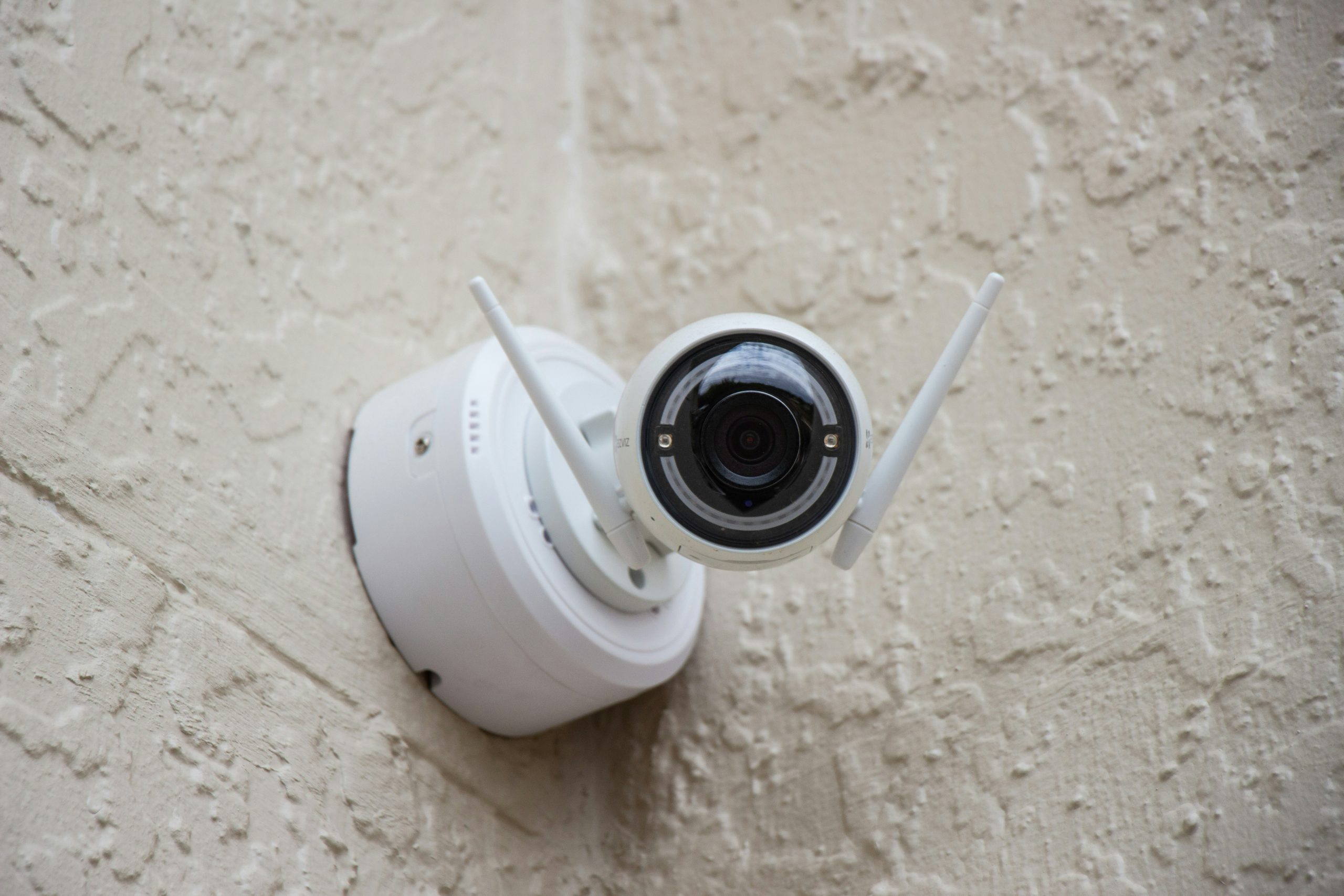
Legal Considerations and Compliance
When choosing a security camera for your business, it is important to consider legal requirements and compliance. Failure to comply with legal regulations can lead to serious consequences, including fines and legal action.
One important consideration is privacy laws. It is important to ensure that the camera does not capture any private areas, such as restrooms or changing rooms. Additionally, it is important to inform employees and customers that they are being recorded. This can be done through signs or verbal communication.
Another consideration is data protection. It is important to ensure that the camera system is secure and that access to the footage is limited to authorized personnel. Additionally, it is important to ensure that the footage is stored securely and is only retained for as long as necessary.
Finally, it is important to consider any industry-specific regulations. For example, healthcare facilities may have specific requirements for the use of security cameras. It is important to research and comply with any regulations that apply to your business.
Overall, it is important to prioritize legal considerations and compliance when choosing a security camera for your business. By doing so, you can ensure that your business is protected while avoiding any legal issues.

